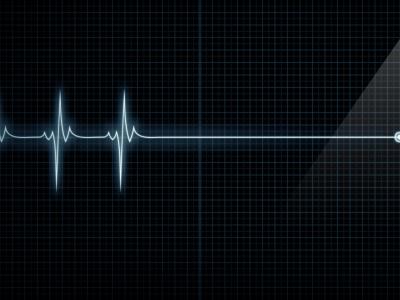Warning: Very severe, sometimes fatal infusion reactions have happened while using Cetuximab. You should always seek medical treatment is you have any hoarseness, difficulty breathing, itching or dizziness, because your treatment should be stopped.

Some deaths have occurred in people that have head and neck cancer (due to heart attack, sudden death) that are treated with radiation and Cetuximab. These deaths have been rare and have occurred days up to a few months after treatment. If you have heart disease (e.g. coronary artery disease, arrhythmias, congestive heart failure) you should tell your doctor immediately before starting any radiation or treatment. Your blood levels of some minerals should also be checked on a regular basis as well. Seek medical attention immediately if you have chest pain or unexplained pain in your jaw or left arm.
Indications: Cetuximab has been used alone or with other treatments for treatment of colorectal cancer that has spread to many parts of the body. Most patients that use this drug have been proven to be intolerable or non-responsive to the drug called irinotecan. This medication has also been used to treat head and neck cancer. It works by slowing the growth of the cancer cells. The cells stop growing when the drug binds to a protein (epidermal growth factor receptor) on the cancer cells. This drug is a monoclonal antibody (man-made protein).
Dosage: This drug is most often given once a week by a medical professional. Another drug may be used beforehand to lessen the chance of side effects, usually diphenhyrdamine. The initial dose is the largest of the dose and is given over two hours. All other doses are smaller and given over an hour. The dosage they treat you with depends on your medical condition and how you react to the treatment.
Your medical professional will usually watch you for an hour after the last treatment to make sure you don’t have an infusion reaction to the medication.
Contraindications:

Before receiving this medication tell your doctor your past medical history especially if you’ve had lung disease, radiation therapy or heart disease. This medication may also make you very drowsy, do not drive, operate machinery or do any activity that requires alertness. Limit alcohol beverages. This medication is also known to worsen any skin reactions that you get. It may also harm an unborn baby. It is recommended not to use while pregnant.
Mechanism of action (MOA): the cells receive hormonal signals that cause them to multiply and then die (natural death of cells). Among the agents in your body that involve in these processes include the epidermal growth factor receptor (EGFR). EGFR is a particular type of protein that exists on the cell surface, which transmits growth signals to the inside of the cell. ; EGFR is found on the surface of both cancerous and non-cancerous cells.
Cancer cells live by diving anarchically. Cetuximab works by binding to EGFR on the surface of cancer cells, preventing them to receive the signals necessary to multiply.
Interactions: Your healthcare advisor should already know the possible interactions that Cetuximab may have with other medications you are taking. Do not start, stop or change the dosage of any medication you are taking without first consulting your doctor or healthcare professional.
You should always tell your healthcare professionals all the medications you are taking so they will be aware of possible interactions.
Side effects: Cetuximab can cause adverse effects in some patients. Most common Cetuximab side effects include:
| · sneezing
· hoarseness · diarrhea · fatigue · heartburn · decreased appetite · weight loss · light Sensitivity (Photophobia) · hair loss · dry mouth · dry skin |
· chapped lips
· mouth sores · headache · tiredness · weakness · Insomnia · depression · nausea and vomiting · constipation · Stomach pain |
If the side effects above persist for weeks, contact your oncologist. In addition, contact your doctor immediately if you experience any of these symptoms:
- renal failure
- lung disease such as formation of blood clots in the lungs
- unconsciousness
- heart attack or fast heart beat
- coughing up blood or dry cough
- shaking of the hands that you cannot control
- sudden tightening of the hands or feet
- Hypotension
- Breathing difficulty
- sore throat or difficulty swallowing
- Pain or burning sensation in eye(s)
- Infections (which can be indicated by sore throat, fever, chills).



